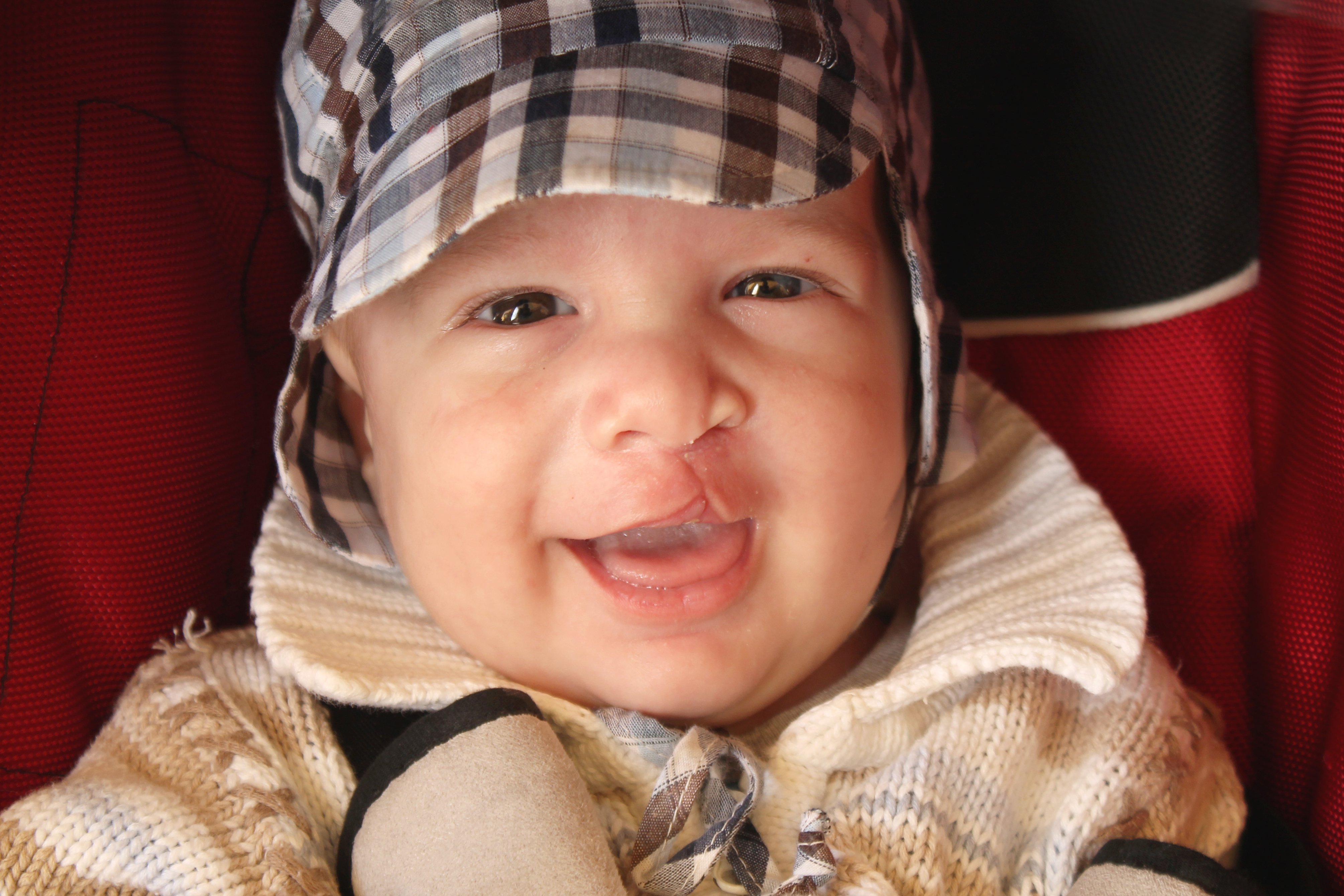What is Vocal Hygiene?
Vocal hygiene is a term used to describe habits and routines used to support a healthy and strong voice. Just as good oral hygiene can help protect your teeth as you age, vocal hygiene can help you preserve a strong, resonant voice.
Vocal Hygiene Tips
1. Drink More Water: Try a minimum of eight 8 oz glasses of water or other noncaffeinated non-acidic beverage per day, avoid consumption of alcoholic beverages. (NOTE: please speak with your medical provider to ensure consumption of a higher volume of water will not impact any medications you are currently taking.)
Read More
Tags:
Speech,
Language,
Communication,
Voice,
talking,
Speech therapy

Language is how a mother tells her baby "I love you" with a sing-song voice. It's how a 3-year-old tells a knock-knock joke while trying to hold back their laughter. It's how a teacher explains the rules of long division to her fidgety students. Language connects us, and language helps us learn.
At the most basic level, language is a set of symbols that a community has agreed upon to stand for objects and ideas. You use these symbols to talk listen, read, and write. In the case of American Sign Language, you use language to produce signs and interpret signs. Having effective language skills means that you can express your ideas and can understand when others express their ideas. Language is uniquely human, and babies begin to build the foundation for language even before they are born!
It can be helpful to think about the difference between language and speech. When your child says "I wuv my wed twuck," (I love my red truck), it doesn't sound right - that's the speech part - but she is sharing her thoughts on something she really likes - that's the language part.
Language includes which words you know and which words you chose to use. It is how you put those words together, the tone of voice that you use, and whether the person across from you understands what you mean. You use language to solve story problems in math class and write an essay in English class. Language skills are what allow you to build relationships with your family and friends.
Not having access to language is frustrating. Imagine being dropped in the middle of a foreign country with a pounding headache. You need to find a drug store, but how would you communicate what you need? How would you understand directions if someone did figure out what you were trying to say? You're in pain, you're confused, and you can't get your problem solved.
Now think of a two-and-a-half-year-old boy who doesn't yet say any words. His head is full of wants and needs, but he has no clear way of letting others know what they are. He also has trouble understanding what his parents want him to do when they give him simple directions. He often throws things when he can't be understood or doesn't understand what his parents want him to do. All of this is because he has difficulty with speaking and listening, that is, with language.
Language underpins everything we do, and having difficulty with language skills at any age means you can't fully participate in everyday life. Cleveland Hearing & Speech Center has a team of licensed speech-language pathologists (SLPs) with expertise in building language skills.
Read More
Tags:
Speech,
Language,
Communication,
literacy,
Learning,
Voice,
toddler,
talking,
Early Intervention,
Speech therapy
You may find it challenging to access beneficial resources that allow you to properly care for your loved one. We have researched some at-home activities that encourage communication for adults who are recovering from a stroke or maintaining skills after a neurodegenerative diagnosis. These morning activities consist of routines that get you both up and moving and allow for independent participation.
Read More
Tags:
Speech,
Language,
Communication,
Support,
Caregiving,
Brain Injury,
Voice,
talking,
Speech therapy,
Stroke recovery
Welcome to the first of a blog series on stroke recovery resource information from Cleveland Hearing & Speech Center (CHSC). Topics of the series include first action steps following a stroke, benefits of speech therapy, communication strategies, tips for caregivers, and much more.
Read More
Tags:
Speech,
Language,
Communication,
Support,
Stroke,
Caregiving,
Brain Injury,
Voice,
talking,
Speech therapy,
Stroke recovery
Imagine: A child comes home from cheering for their favorite team at a high school game, and their voice sounds raspy. The next day when they wake up, their voice is gone completely and they can barely speak at all. Sound familiar? Maybe a similar occurrence has happened to you, except it was when you woke up with a bad head cold. This is something we commonly hear people refer to as “losing my voice.” What people think of as “losing their voice” can range from a hoarse, raspy voice to no voice at all. Have you ever wondered what exactly happens to our body to cause this to happen?
Read More
Tags:
Speech,
Language,
Communication,
Voice,
talking
Selective mutism is a complex childhood anxiety disorder characterized by a child’s lack of verbal communication in select social environments, such as school. Children with selective mutism possess the ability to speak, but are selective of the settings in which they choose to speak. They will often speak in environments where they feel safe, relaxed, and calm with familiar people such as parents or siblings, but will choose not to speak in environments where they are less comfortable. A common misconception is that selective mutism is a form of autism. Children with selective mutism may demonstrate lack of appropriate social language use that mimics those on the autism spectrum, but selective mutism is not indicative of autism.
Read More
Tags:
Speech,
Language,
Communication,
Stuttering,
Learning,
Voice,
talking
A cleft is any opening in a normally closed structure. A cleft lip is an opening in the lip, typically the upper lip. These clefts are more commonly unilateral (on one side of the lip) as compared to bilateral (on both sides of the lip). Unilateral clefts occur more frequently on the left side of the mouth. A cleft palate is an opening on the roof of the mouth. Clefts can be found in the hard palate (towards the front of the mouth), soft palate (more towards the back of the mouth) or both.
Read More
Tags:
Speech,
Language,
Communication,
Voice,
talking,
Cleft Lip,
Cleft palate
Parents often wonder what they can do to help their child improve their speech and language skills. Many families seek additional private speech therapy to supplement school-based treatment.
While added speech therapy may be an advantage, it depends on the unique needs of your child. School-based speech therapy and private speech therapy differ in many ways. Before determining if your child would benefit from additional speech and language therapy, it is essential to know the difference between the two.
Read More
Tags:
Speech,
Language,
Communication,
Teens,
Stuttering,
Voice,
toddler,
talking
Let's face it, sometimes we give it our all and just don't see the results we desire. When you or your child has been working forever on a sound like "r" or "s" and the progress isn't happening, the results can be disappointing. I get it-- having one little speech sound error hang around comes with a whole host of problems. Whether it is jokes at your expense, anxiety meeting new people, or even bullying, you would do anything to make a change.
Read More
Tags:
Speech,
Communication,
Teens,
Voice,
talking
Angelman syndrome is a rare neurogenetic disorder that occurs in about 1 out of every 15,000 people. Most people with Angelman have very limited speech, or no speech at all. If you’re the parent of a young child with Angelman, you may be wondering how you can help your child learn to communicate, since speech is not going to be their main way of communicating. Here are a few suggestions to get you started:
Read More
Tags:
Speech,
Language,
Communication,
Voice,
toddler,
talking


















